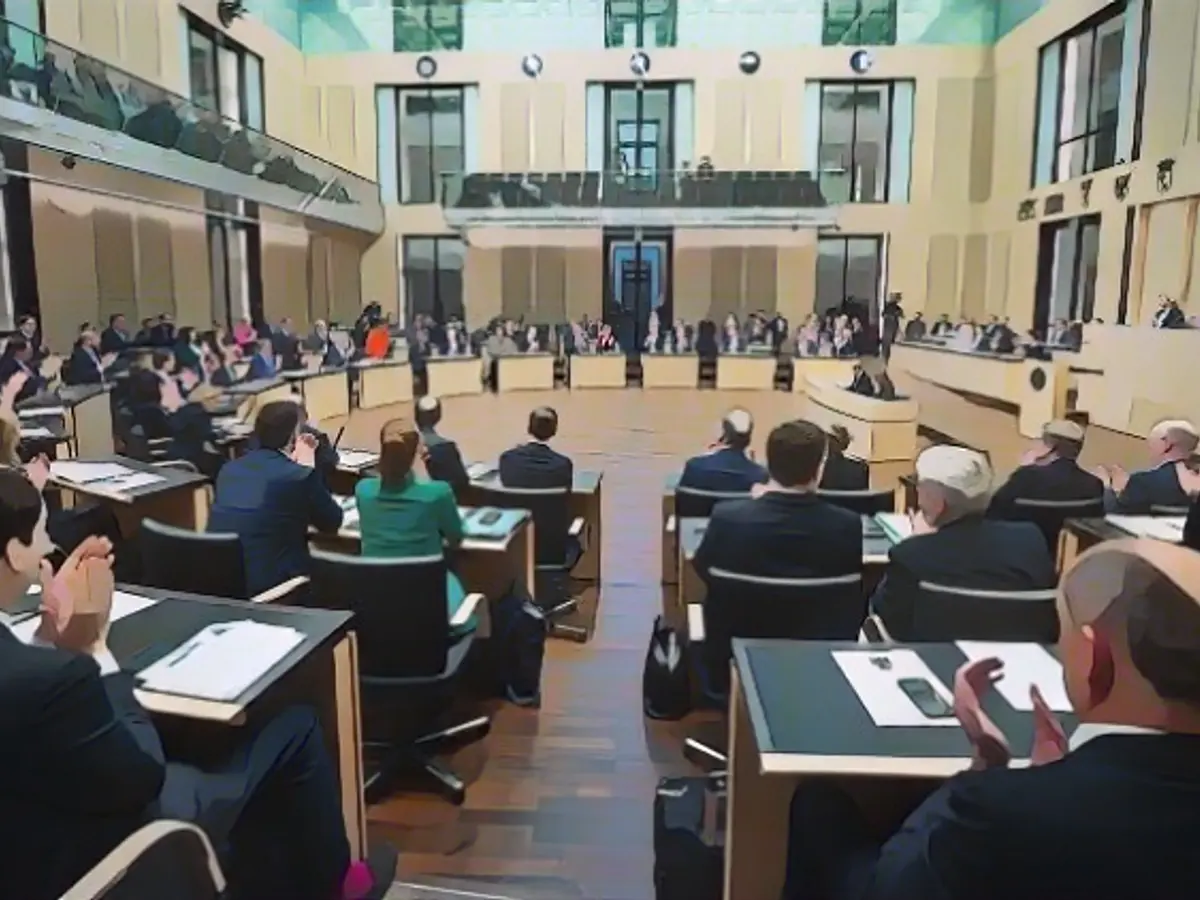Federal Council launches municipal heat planning
In future, homeowners will have to follow their local authority's heating plan when installing new heating systems. The Federal Council has now also waved a corresponding law through. However, there are doubts as to whether it will actually be possible to adhere to the timetable set out in the law.
The Bundesrat has approved the law on municipal heating planning. A motion by Bavaria to appeal to the mediation committee failed to gain a majority. In a motion for a resolution, the federal states demanded more money from the federal government for heat planning in cities and municipalities. The funds provided to date were not sufficient. The Association of Cities and Towns warned of a delay and called for corresponding legislation at state level.
The Bundestag has already passed the law on municipal heating planning. It supplements the Heating Act and is due to come into force at the same time as the latter on January 1, 2024. Large cities are to draw up heating plans by the end of June 2026, smaller cities and municipalities with fewer than 100,000 inhabitants by the end of June 2028. Only once a municipality has a heating plan will homeowners have to ensure that their new heating system is powered by at least 65% renewable energy when it is installed. The new heating law will initially apply to new buildings within new development areas from 2024.
Federal Building Minister Klara Geywitz said in the Bundesrat that homeowners must make the most economical decision if their heating breaks down one day and they have to buy a new one. To do this, they need clarity as to whether they will be connected to a central district heating network or a local heating network in the next few years or whether they should look for their own decentralized solutions - such as a heat pump.
Geywitz said that the draft law does not contain any obligation to connect and use heating networks. The federal government is supporting the municipalities' heat planning with 500 million euros. Baden-Württemberg's Environment Minister Thekla Walker said that federal funding must be made permanent and expanded.
Criticism from Bavaria and the Association of Cities and Towns
In a motion, Bavaria had called for the Bundesrat to call on the Mediation Committee on the Heat Planning Act in order to "repeal the German Bundestag's legislative resolution". The motion states that the law imposes a considerable number and significant amount of additional tasks on the federal states and, as a result, on local authorities - without the federal government even beginning to compensate for the additional financial burden this entails or even making any concrete commitments in this regard.
The German Association of Cities and Towns is calling on the federal states to transpose this into state law quickly. "It is not enough for there to be a heat planning law at federal level. Only when the state laws are in place can the cities collect data on the building stock or existing heating networks," said Managing Director Helmut Dedy. This is the first step for any municipal heat planning.
"Unfortunately, we are receiving signals that the federal states may take the unresolved issues regarding the federal budget as an opportunity to wait with the necessary state laws on heat planning," said Dedy. However, the deadlines for municipalities to draw up a heat plan in the Heat Planning Act are already tight and without any buffer.
Read also:
- Year of climate records: extreme is the new normal
- Precautionary arrests show Islamist terror threat
- UN vote urges Israel to ceasefire
- SPD rules out budget resolution before the end of the year
The German Association of Cities, led by Managing Director Helmut Dedy, has urged the federal states to expeditiously transpose the federal heat planning law into state legislation. This is crucial, as only once state laws are in place can cities collect data on building stocks and existing heating networks, a prerequisite for any municipal heat planning.
Klara Geywitz, the Federal Building Minister, emphasized that homeowners should consider the most economical option when replacing heating systems and obtain clarity on whether they will be connected to a central district heating network or a local heating network in the near future, or if they should explore decentralized solutions like heat pumps.
Source: www.ntv.de








